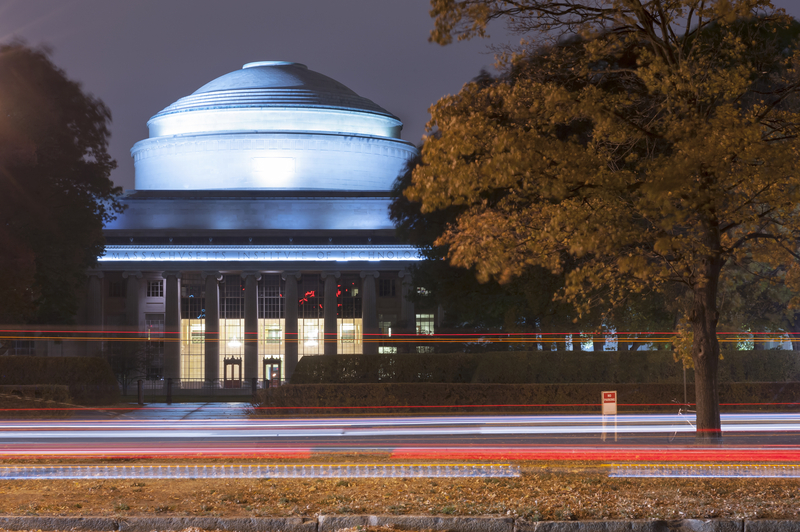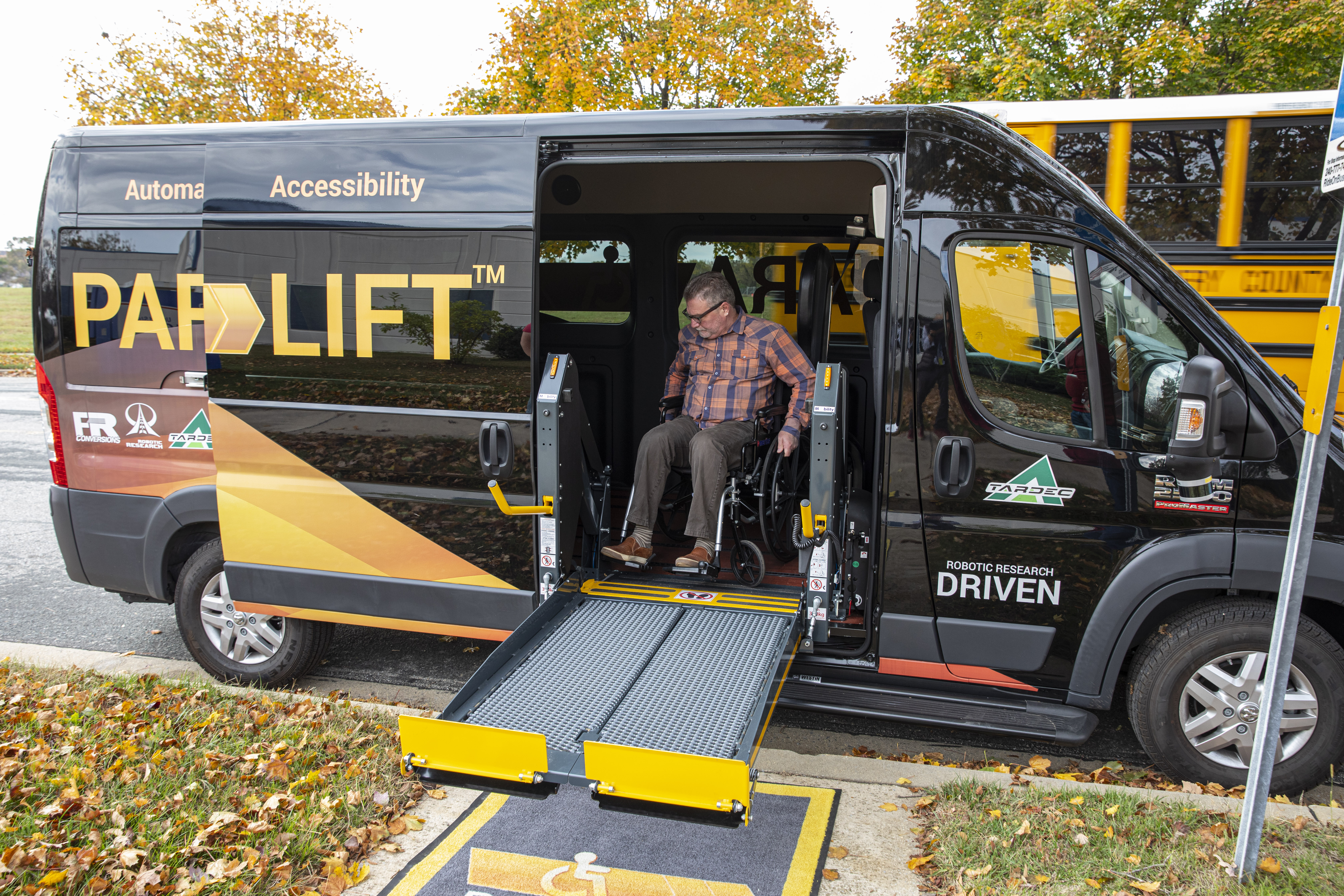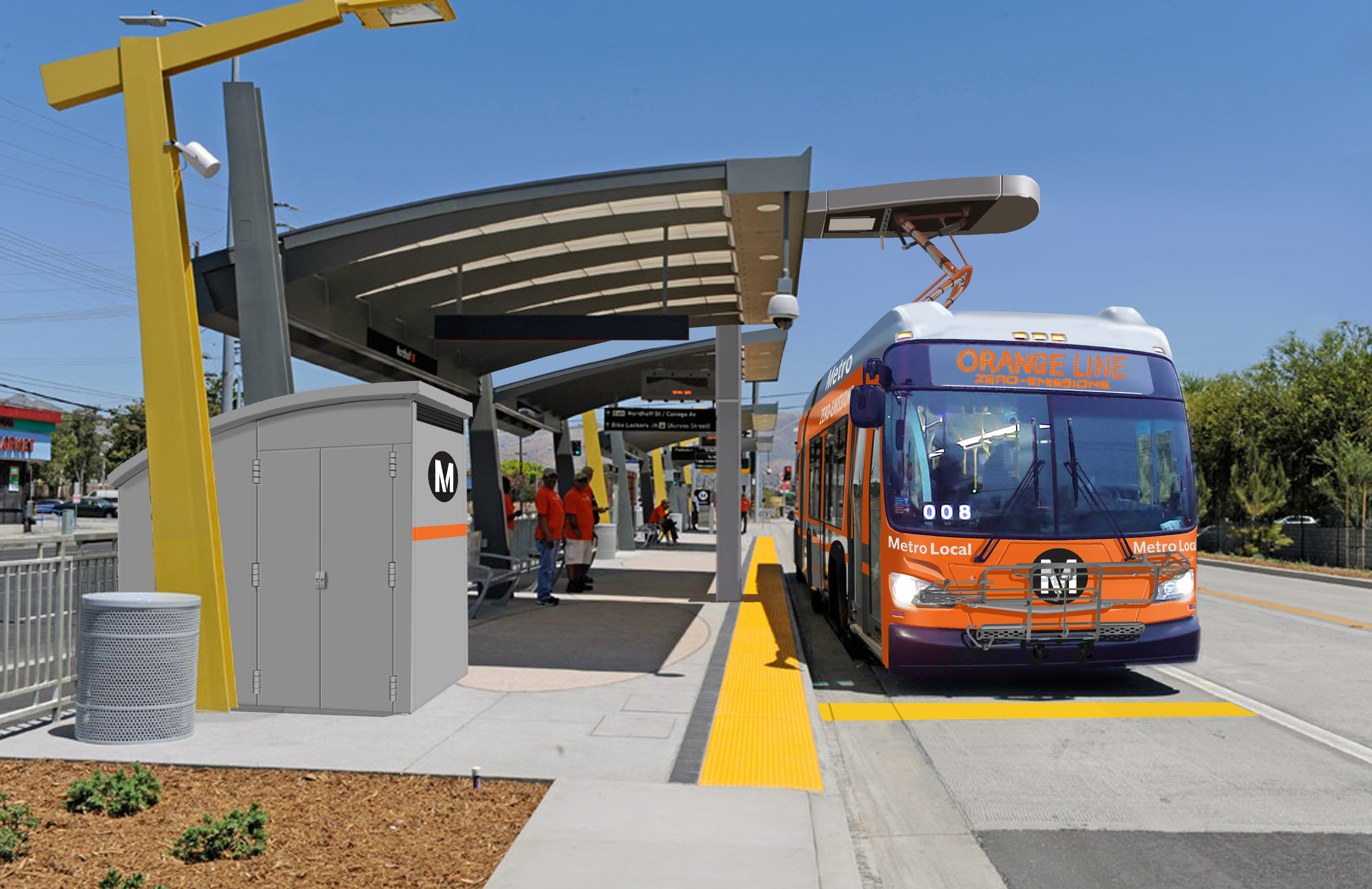
The US Department of Energy (USDoE) and the US Department of Transportation (USDoT) are funding three projects aimed at improving the energy efficiency and accessibility of public transportation.
The Massachusetts Institute of Technology (MIT), Chattanooga Regional Transportation Authority (CARTA) and Utah State University will each use around $1.75m provided by the USDoE's Vehicles Technologies Office (VTO) and the USDoT's Federal Transit Administration (FTA).
The VTO and FTA are partnering to use data and technology to improve the effectiveness of public transportation.
The MIT is designing a Smart Mobility System platform with the aim of improving the quality of public transportation, ridership and energy efficiency.
The platform is expected to aid public transportation agencies in creating strategies that adapt to changing demand patterns and are responsive to disruptions.
As part of the project, the MIT team is to conduct field experiments to demonstrate the mobility and energy efficiency impacts in Boston and Chicago. They will work with the USDoE's National Renewable Energy Laboratory to measure their project impacts.
Meanwhile, the CARTA is to develop a software platform that uses an artificial intelligence engine to improve mobility and energy efficiency by co-designing fixed-route public transportation, micro transit and paratransit systems.
It will integrate on-demand operations with fixed-route public transportation services through courtesy stops and use the available capacity in paratransit services in a bid to improve public transportation accessibility from 41% to 73%.
The USDoE says this would mean that nearly three-quarters of people living in Chattanooga would have a frequent public transportation service within a quarter of a mile of their home.
In a separate project, Utah State University is to develop a suite of solutions including a public transportation network design tool and simulation and operations tool to enable public transportation transit bus electrification.
According to the USDoE, this suite of tools will improve the energy efficiency of public transportation bus systems by reducing travel time, decreasing upfront cost by right-sizing electric batteries and minimising charging costs through smart-charging management.












